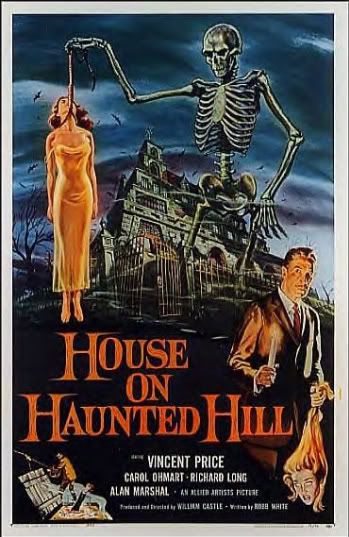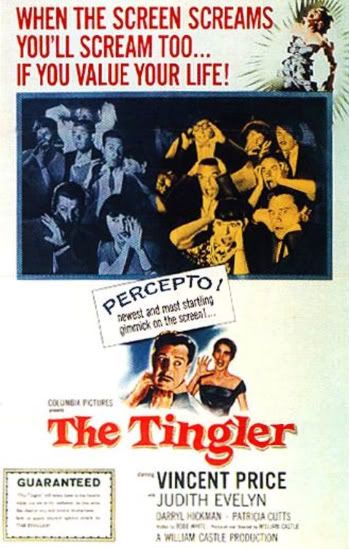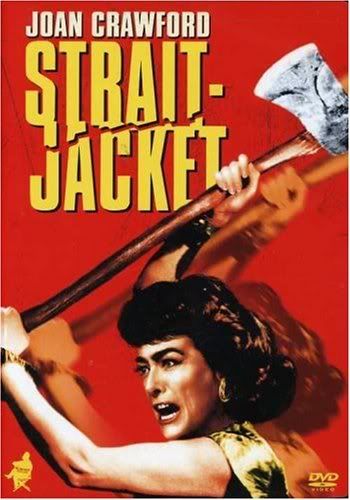Bette Davis said, “Getting old is not for sissies.” Stephen Walker’s documentary YOUNG @ HEART captures the rehearsals and performances of the Young @ Heart Chorus, a group of singers, whose average age is 80, who cover the songs of Prince, Coldplay, James Brown, the Police, Jimi Hendrix, the Rolling Stones, and the Doors.
Eileen Hall opens the film, limping with her walker to a mike on stage, staring down an ecstatic packed house, and belts out, “Darling you gotta let me know, / Should I stay or should I go?” The Clash song has never struck me as quite so defiant … or so metaphysical.
Later we see Eileen, age 92, flirting with three male film crew members, drolly inviting all three at once back into her bedroom. And then, later in the film, she propositions a fellow group member, Lenny, on his birthday.
Bob Cilman, the chorus director, who, one member says, “chews nails and spits rust,” has driven the chorus from singing Tin Pan Alley hits and Rodgers and Hammerstein showtunes originally, to a slate of punk, disco, and soul. He pushes and cajoles his singers into performing music they despise on first hearing—but, then, warming up to the sass of the lyrics, the singers eventually step up to the challenge. And scene by scene, we discover that Cilman’s unsentimental no-bullshit exterior hides a great deal of compassion.
Besides the infirmities of old age, a central thread of conflict in the film is the group’s attempt to master the 72 can’s in the Pointer Sisters’ “Yes We Can Can.” And there are some fine comic moments. Two old guys can’t figure which side of a CD should face up. And the oldsters, whose musical tastes tend towards opera, turn up their noses at Sonic Youth’s “Schizophrenia,” but hunker down to tackle the piece anyway, after Cilman testily scolds them for making fun of it.
We see the group members’ commitment and optimism, the tenacity to go on with the show. In one sequence, just one hour after finding out that one of their members has died, the chorus rock out (in a manner of speaking) on Bruce Springsteen’s “Dancing in the Dark” … to an audience of hardened prison inmates. And then they dedicate Bob Dylan’s “Forever Young” to their fallen friend, earning a standing ovation and wolf whistles from the convicts.
Interspersed with interviews and scenes of rehearsal and performance, there are videos of the chorus singing the Ramones’ “I Want to Be Sedated” (in a nursing home, IVs hooked to their arms), David Bowie’s “Golden Years,” Talking Heads’ “Road to Nowhere,” and the Bee Gees’ “Stayin’ Alive” (the lead singer in a white suit a la Travolta, and the whole troupe dancing in a bowling alley).
We see that music makes you forget your “creaking bones,” and a community of kindred hearts can make life, even at its most ravaging stage, a beautiful thing.
On another continent, in a different art form, we see an entirely different temperament at work in Rodolphe Marconi’s documentary LAGERFELD CONFIDENTIAL.
I must admit I had disliked Karl Lagerfeld since the 1990s, when he ostentatiously refused to cooperate with my hero, director Robert Altman, who was making a film about the fashion industry in Paris (PRËT-À-PORTER in 1994). The only reason I wanted to see Marconi’s documentary was the chance of seeing Lagerfeld’s stunningly beautiful young assistant, Sebastien Jondeau—glimpses of whom are all too fleeting here.
This film, unlike Walker’s, makes no attempt to warm the viewer up to its subject—its subject is partly the spoiled Madonna of Alek Kashishian’s TRUTH OR DARE and partly the distant and neurotic Marlene Dietrich of Maximillian Schell’s masterful MARLENE.
LIke Cilman, Karl Lagerfeld presents himself as a no-bullshit artist/entrepreneur. With his trademark sunglasses and ponytail, he strolls from event to event, jaded to the superficialities of the fashion business, yet electing to take it and himself very seriously. But Lagerfeld has no warm and fuzzy center, for which I respect him every bit as much as I admire Cilman’s compassion.
Lagerfeld coolly discusses the ruthlessness and unfairness of a life in the arts, urging those who are shocked by injustice to do social work instead. He glowingly praises his parents, both raised in restrictive Catholic families, for purging religion from his childhood, leaving the matter entirely in his hands to decide for himself. He defends the sang-froid of his mother, as well, contending that, by making her love conditional, she inspired him towards excellence.
He speaks frankly of his homosexuality, scolding the filmmaker’s reticence in broaching the subject, of which he and his parents were aware when he was a child.
With true Germanic disdain, he mocks current politically correct notions, boasting that, when he at age 13 told his mother that he had been propositioned by both a man and a woman, she scolded him for bringing the situation upon himself by the way he presented himself as an outrageous child, whom adults of course would approach with a certain sense of liberty. He derides the modern parent who would have run to the courts at such information.
Later, he similarly dismisses the strides the gay movement has made to legalize same-sex marriage. A position with which I sympathize:
“I hated the idea of bourgeois marriage. They [gays] wanted to be different. Now they want to be like the bourgeoisie. I’m against it. What was needed was something new, a new way of living. Marriage, as we know it, was created by the Church for reproduction. So let’s invent something else, not ape the despised bourgeoisie. You can also try to piss off the bourgeoisie by forcing them to accept something unacceptable, whatever the format.”
We see Lagerfeld the photographer with young, beautiful models, male and female (Nicole Kidman, in one sequence), but for him their beauty seems a teasing cruelty. Not quite 70 when the film was shot, Lagerfeld seems reluctant to delve into his current love life. Typically, though, he has no romantic illusions about sex, particularly in his role as an artist:
“A physical relationship is fine, but it is condemned to be something fleeting. The daily grind burns up such things, so idealization is rather good. I’m not interested in the reality of people. People aren’t accountable to me. I only see what I want to see. I don’t go any further, and it’s usually to their (the models’?) advantage. It’s better to benevolently skim over things than try to get involved in things that have nothing to do with me.”
Like YOUNG @ HEART, this film addresses the subject of age and mortality. When Marconi asks him whether he sometimes thinks life is short, Lagerfeld responds pretty much the way the chorus members did. He chooses not to obsess over it:
“There are people I’d hate to lose. For myself, since it means canceling out all emotionalism, and since I don’t believe in rebirth or resurrection, etc., it doesn’t really matter. I don’t know what existed before I was born. Then it’s over. Maybe passing away is awakening from the dream of life. Don’t dramatize your body. Billions of people live on earth. You can’t shout about every single one. … We’re here, then we’re gone. You’re admired by people, then they forget you.”



